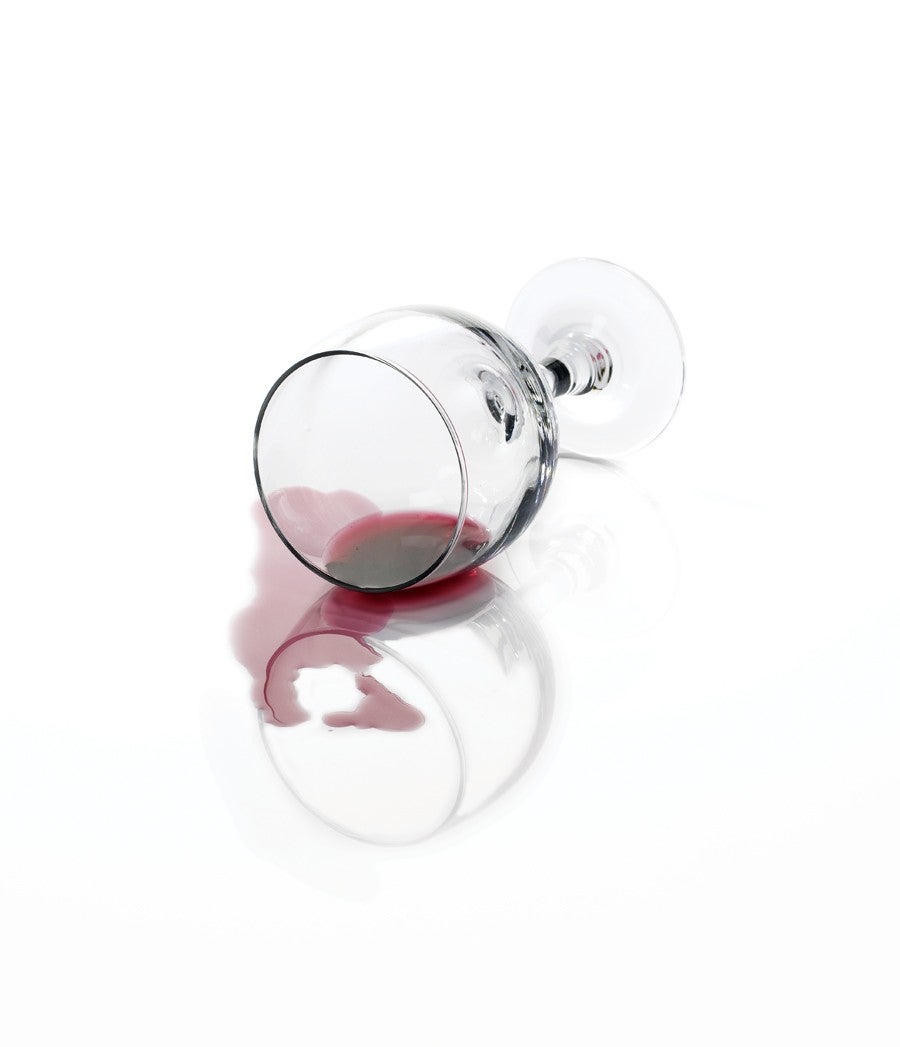Sip Smart

Q: Can alcohol be a part of a healthful diet? What are the real pros and cons?
A: Here’s what has some people cheering for wine: three studies, one each in France, the Netherlands, and New York all showed that having one to three drinks per day cut the risk of developing Alzheimer’s disease by about half. Given that roughly half of Americans develop dementia by age 85, cutting that risk would be a huge benefit. The French study singled out wine; the New York study showed wine helped, but found no benefit from beer or spirits; while the Dutch study found a similar benefit from all types of alcoholic drinks.
There also appears to be a benefit for the heart. One or two drinks per dayof any kind of alcohol seems to reduce the risk of heart attacks. It increases HDL (“good”) cholesterol and reduces the blood’s ability to form clots. When it comes to wine, it is not clear that red wine is better than white. The prolonged contact of the grape skins with the juice during fermentation is what causes red wine’s dramatic color as well as the production of a variety of bioactive compounds. One such compound, resveratrol, has been studied for possible antiaging and heart-protective effects.
As exciting as these studies have been, they are not a reason to drink. That is, it may be that alcohol simply compensates for a bad diet, rather like a cholesterol-lowering drug. If your cholesterol is already in a healthful range, and if you eat a praiseworthy diet that’s rich in antioxidants, alcohol may add no benefit at all. People with lower cholesterol levels already have less risk of both Alzheimer’s disease and heart attacks.
Some of the longest-lived people in the world reside in Loma Linda, Calif.a place known for its large number of centenarians. Their longevity almost certainly comes from the fact that Seventh-Day Adventists, who make up much of the Loma Linda population, follow a vegetarian diet. And they are, by and large, teetotalers. Researchers have never tested the dubious proposition that a health-conscious vegetarian who already has a hedge against heart disease and other “old-age diseases”derives any extra benefit from drinking alcohol.
The downsides to alcohol are considerable. First, it can be addictive. Someone who has an occasional glass of wine may find that occasional becomes daily. For many, it gets out of hand. There are two special concerns for women. A pregnant woman who drinks puts her baby at risk. Also, alcohol increases the risk of breast cancer by about 10 percent for every drink in your daily routine that is, 10 percent for one drink per day, 20 percent for two a day, and so on. The reasons may relate to alcohol’s tendency to increase blood levels of estrogens, and, at the same time, reduce blood levels of folate, a B vitamin that helps protect against breast cancer. Women who drink should eat plenty of folate-rich green leafy vegetables and beans, but it also makes sense to keep alcohol use modest and intermittent, rather than daily.
So, alcohol has apparent benefits for the brain and heart, at least for people on a less-than-optimal diet. Whether these same benefits apply for health-conscious vegetarians is not known. Alcohol clearly increases breast cancer risk and can be addictive, which is why doctors never recommend that teetotalers start a drinking habit.